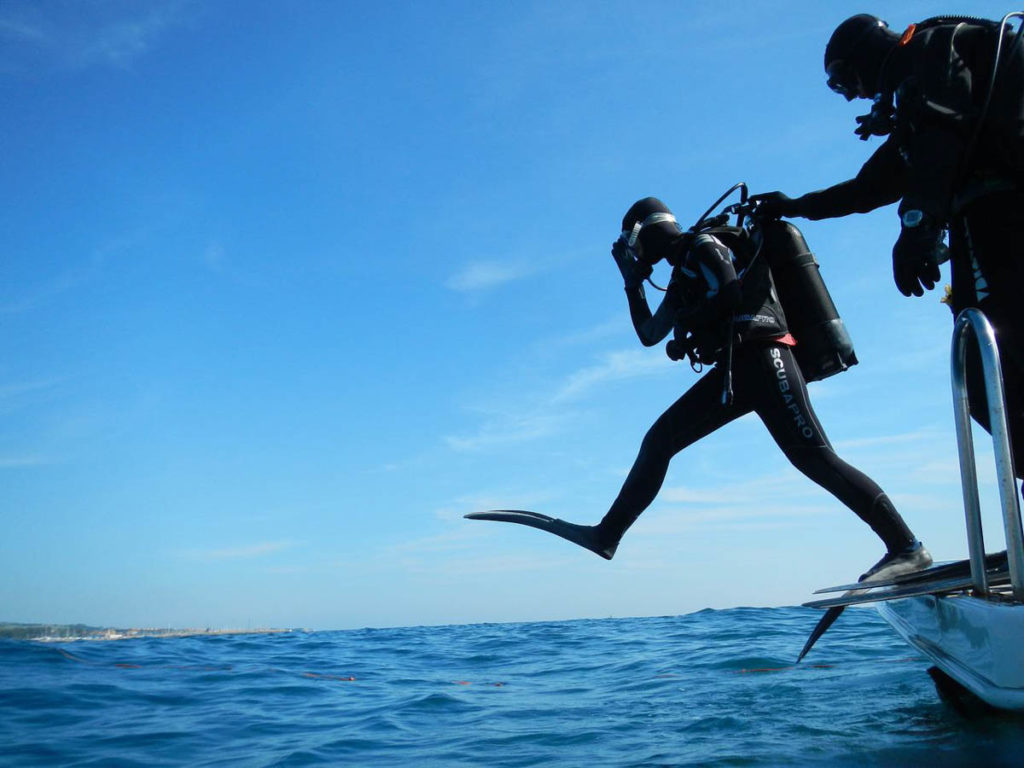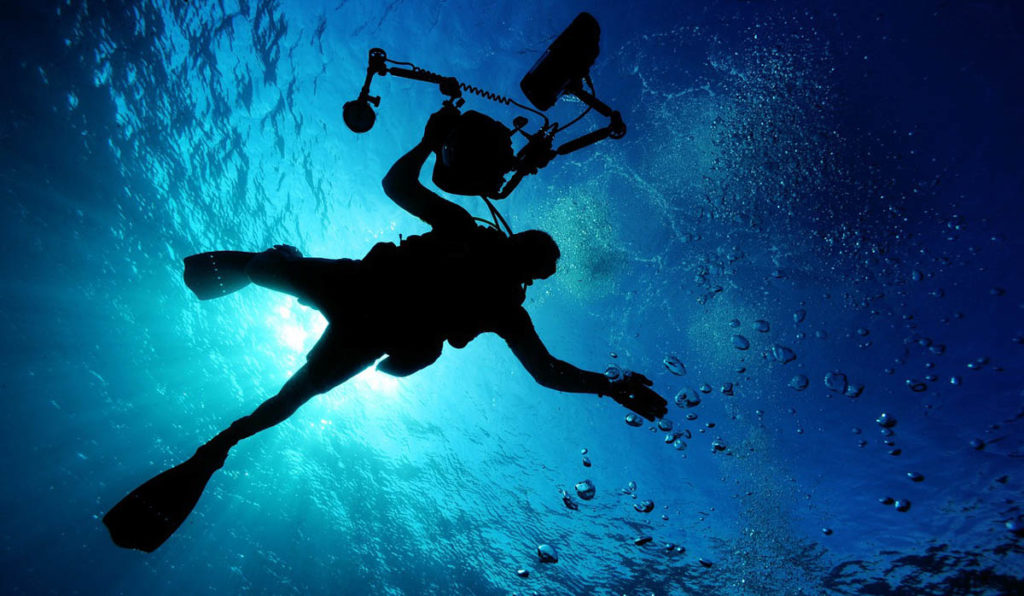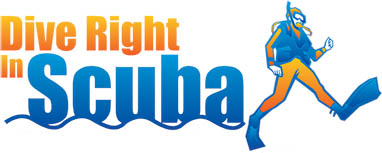Scuba diving can be an intimidating sport, but it is also an incredibly rewarding experience.
If you are thinking about getting into scuba dive, it is important to do your research to find the best dive site to learn, especially for beginner divers.
Scuba diving for beginners can be a lot of fun, but it is also a serious activity that should be taken seriously and consider these important scuba diving tips for beginners.
There are many places around the world where you can learn to dive, so it is important to choose a dive site location that is both safe and fun.
Here are the Best Scuba Diving Tips for Beginners
1. Choose a reputable scuba diving school
This is the most important step in learning to dive. There are many fly-by-night schools that will take your money and not properly prepare you for diving. Do your research to find a school that has a good reputation and is accredited by the proper organizations like PADI certified.
Another thing to look for when choosing a school or dive centre is dive instructor experience. Make sure the instructors have been teaching scuba diving for a while and are scuba certified to teach all levels of students. The school or dive centre should also have a good safety record.
2. Get in shape
Scuba diving is a physically demanding sport, so it is important to be in good physical condition before you start.
This means doing some basic cardio exercises and strength training.
Some good cardio exercises to prepare you for scuba diving include running, biking and swimming. For strength training, focus on exercises that target your shoulders, back, chest and abs.
When you are done with your exercises, be sure to stretch out properly. This will help reduce the risk of getting injured while diving.
3. Learn the basics
Learning the basics for scuba diving is not as hard as it may seem. There are a few key things that one needs to understand before they can start diving.
The first thing that one needs to know is the basic equipment that is used in scuba diving. This includes the dive mask, scuba tank, BCD (buoyancy control device), regulator, weight belt, and fins. The next step is learning how to use this equipment. This can be done by taking a beginner’s diving class or watching an instructional video online.
The final step is getting comfortable with using the scuba equipment in a pool or other body of water like cold water or freshwater.. One way to do this is by practicing in a pool by swim slowly and breathing underwater with a guide of diving instructor. Once you have learned the basics and feel comfortable using the scuba equipment, you are ready to start diving!
4. Get some experience
Once you have the basics down, it is important to get some experience diving.
Many scuba diving schools offer introductory dives that allow you to try out diving without having to make a long-term commitment. This is a great way to see if diving is right for you.
5. Get certified
There are a few different routes one can take to get certified as a scuba diver. The most common way is to complete an Open Water Diver course. This involves taking classes and completing pool training, followed by four open water dives.
Another option is to take a Scuba Diver course, which is a shorter and less expensive option than the Open Water Diver course. This route involves two classroom sessions and two pool dives, after which you are certified to dive up to 12 metres depth.
If you are already comfortable in the water and have some diving experience, you may be interested in taking an Advanced Open Water Diver course. This allows you to dive to a depth of 30 metres and gives you more knowledge about diving safety and equipment.
6. Get gear that fits
One of the most important things for a beginner diver is to have gear that fits properly. ill-fitting masks and fins can make diving more difficult and uncomfortable than it needs to be.
Here are some tips for finding gear that fits
- Start by trying on different sizes and styles of wet suits. Make sure the suit is not too tight or too loose.
- Choose a scuba diving BC (buoyancy control device) that fits well. Again, try on different sizes and styles to find the best option for you.
- The same goes for scuba diving masks. Try on different sizes and styles to find the best fit for your face.
- Be sure to test the weight of the tanks and BCs before purchasing them. You don’t want to be weighed down by too much gear during your first dives.
Finding gear that fits well is important for staying safe and comfortable while scuba diving. By following these tips, you can find the perfect gear for your needs.
7. Be prepared mentally and emotionally
Scuba diving can be an incredibly rewarding experience, but it’s not without its risks. Before embarking on your first dives, it’s important to be mentally and emotionally prepared for what you might encounter underwater. Here are a few tips to help you get ready:
First, be sure to do your research and learn as much as you can about scuba diving. This will help you understand the risks involved and how to safely enjoy the sport.
Second, make sure you have a good understanding of your own abilities and limitations. Divers should always be comfortable with their level of fitness and expertise before plunging into the deep end.
Finally, be prepared for the unexpected. Remember that conditions underwater can change quickly and without warning, so it’s important to stay alert at all times. If you’re feeling overwhelmed or uncomfortable, don’t hesitate to abort the dive.
8. Don’t push yourself
One of the most important things to remember as a beginner scuba diver is not to push yourself.
Many new divers make the mistake of trying to do too much, too soon.
This can lead to fatigue and other problems that can ruin your dive. Instead, stay hydrated, get use to sea sickness, take it slow and easy and let your body get used to the new environment. As you progress in your diving skills, you can then start to explore more challenging dive sites.
9. Be aware of your surroundings
One of the most important things to remember as a beginner scuba diver is to be aware of your surroundings.
This means being aware of the other divers in your group, as well as any obstacles or hazards in the water. It’s also important to be aware of your own abilities and limitations, and to dive within your comfort zone.
As you become more experienced, you’ll gradually be able to explore new areas and dive deeper like on great barrier reef or coral reefs, but it’s always important to stay safe and be aware of what’s going on around you.
10. Have fun
Diving should be enjoyable, so make sure you take the time to relax and have fun with a group of friends during your scuba diving trip.
Explore the underwater world marine life and take plenty of pictures to remember your dives.
Following these scuba tips can help make your experience safer and more enjoyable. Remember to always dive plan with a dive buddy, stay within your limits, and heed all safety instructions from your dive master or scuba instructor.
Whether you’re a beginner or an experienced diver, these scuba diving tips will help you make the most of your time underwater. So dive safely and have fun!










1 Comment
This post is a fantastic resource for beginners! The tips are clear and practical, especially the importance of staying calm and practicing buoyancy. Scuba diving can feel overwhelming at first, but with the right mindset and knowledge, it becomes an exhilarating and safe adventure. Great read! Visit : http://www.orcadiveclub.in/